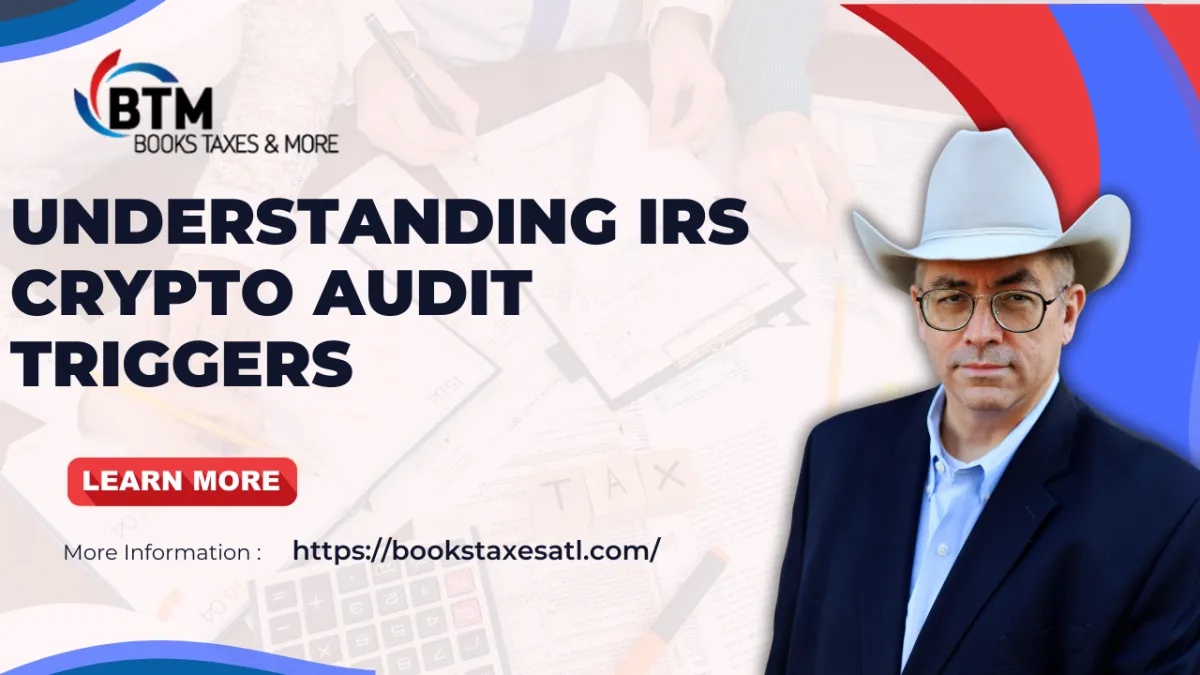Understanding IRS Crypto Audit Triggers
- Since IRS Notice 2014-21, cryptocurrencies are treated as property for tax purposes, making crypto transactions subject to reporting like stock transactions. - The IRS actively enforces crypto tax compliance, including a direct question on Form 1040 about digital asset activity, flagging potential audits. - Audits can be triggered by large or frequent transactions without reported income, inconsistent capital gains reporting, suspicious wallet transfers, or missing 1099 forms. - During audits, taxpayers must provide detailed transaction records, wallet and exchange statements, and proofs of gain/loss calculations; discrepancies can lead to penalties or legal consequences. - Enrolled Agents like Steve Perry offer expertise in interpreting blockchain data, representing clients before the IRS, negotiating penalties, and assisting with voluntary disclosures for prior errors. - As cryptocurrency use grows, accurate record-keeping and reporting is crucial to avoid IRS penalties, and professional tax assistance is key when facing audits.


